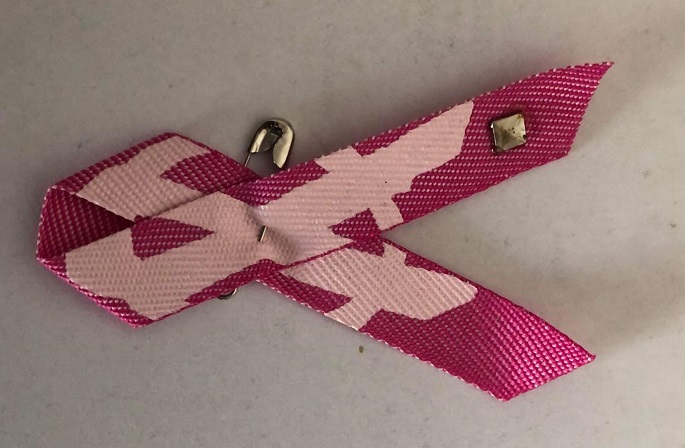Antidiabetic drug boosts immune defences against breast cancer
Published : 13 Apr 2024, 02:46
Updated : 13 Apr 2024, 02:49
Metformin, a type 2 diabetes drug, may help the immune system to better identify cancer cells and boost the immune response against them, according to a study conducted at the University of Helsinki, said the university in a press release on Friday.
Metformin is a widely prescribed drug for managing type 2 diabetes. In recent years, indications of its potential anticancer properties have emerged in research.
The newly published study found that metformin activates the body’s immune cells. The effect was particularly observed in what are known as dendritic cells, which are the most effective in helping the immune system identify cancer cells as foreign entities.
“Our study found that metformin contributed to the metabolism of dendritic cells so that they became active and enhanced the immune response against cancer cells,” said Rita Turpin, the first author of the study.
Identifying this effect can help to develop anticancer therapies based on the combined effect of metformin and the mechanisms that activate the immune system.
The researchers investigated the effects of metformin in human breast cancer tissue samples, which contained living cancer cells and immune cells that had infiltrated the cancer tissue.
The living tissue cultures used in the study, known as patient-derived explant cultures, show what cancer drugs do to cancer cells and, at the same time, what they do to immune cells that have penetrated the cancer tissue.
Research group leader Juha Klefström considers the study groundbreaking.
“Our work demonstrates that we can learn a lot about how cancer drugs influence tumour-resident immune cells by investigating living patient-derived tumour samples” he said.
According to Klefström, patient-derived explant cultures can be used to identify drugs that kill cancer cells but leave the immune cells unharmed. Or they can be used to find safe and tolerable drugs, such as metformin, which help immune cells to become active and defend against cancer.
Without breast cancer patients donating tumour samples, such research would not be possible.
“We are truly grateful to all the patients who participated in the study for their invaluable contribution to the promotion of cancer research,” Klefström said.


